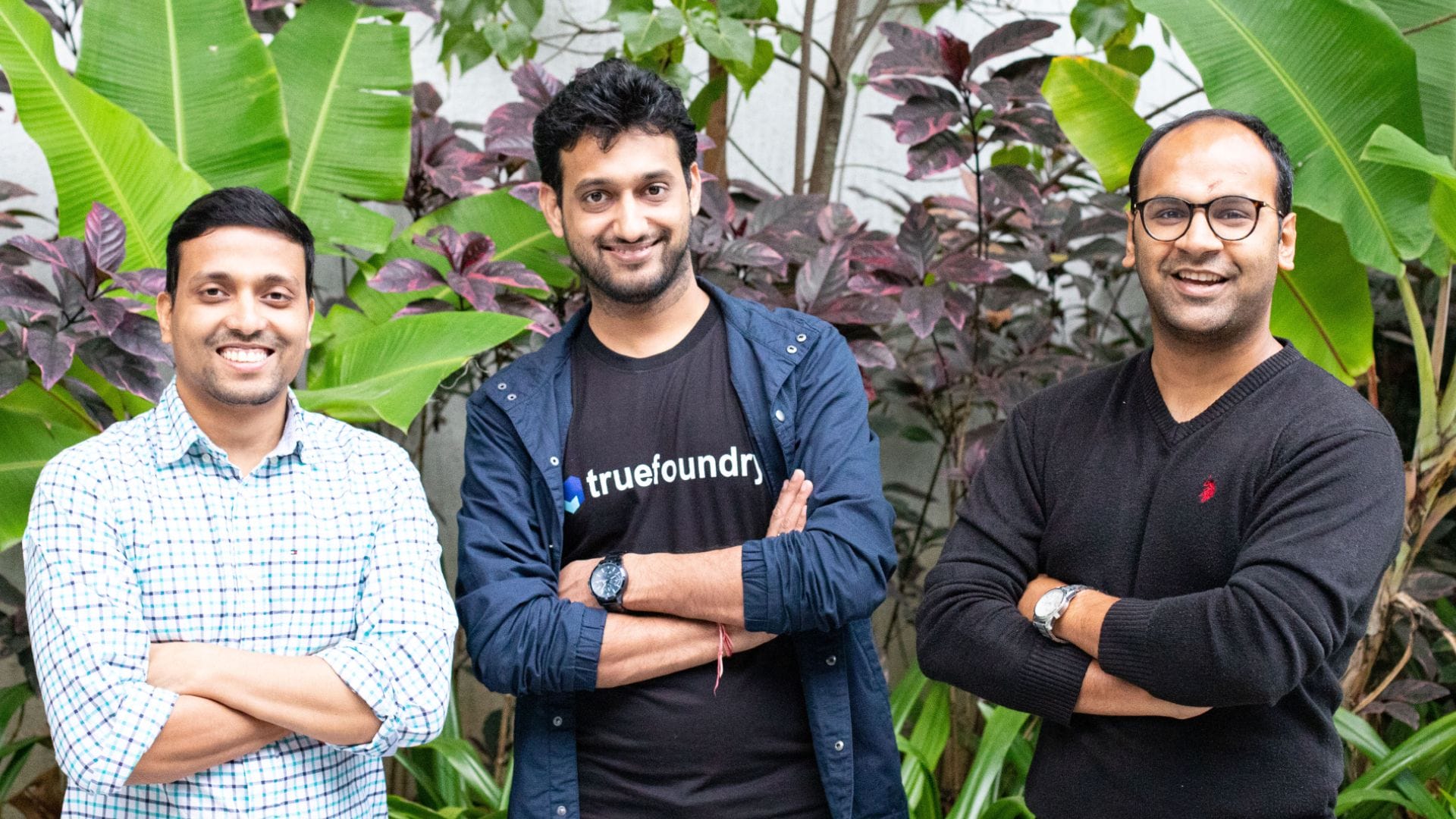TrueFoundry secures US$19M to advance AI adoption
TrueFoundry secures US$19M from Intel Capital to enhance AI deployment, cut infrastructure costs, and expand into cloud marketplaces.

TrueFoundry, a startup founded by former Meta engineers, has secured US$19 million in funding led by Intel Capital. The company aims to help enterprises deploy AI at scale through its platform-as-a-service model, addressing GPU optimisation and model experimentation challenges.
Since the launch of ChatGPT in November 2022, businesses worldwide have been eager to adopt generative AI (GenAI). However, running large language models (LLMs) requires significant computing power, making access to GPUs a critical factor. Many enterprises lack the infrastructure to support AI at scale, leading to a growing demand for solutions that streamline deployment and optimise resources.
TrueFoundry offers software designed to simplify AI implementation for full-stack data scientists. The platform includes auto-scaling, proactive maintenance, centralised access controls, and real-time monitoring. Initially focused on accelerating machine learning (ML) deployments, the company expanded its capabilities in 2023 to integrate GenAI features.
AI-powered solutions for efficient scaling
The startup, founded in June 2021 by Nikunj Bajaj, Abhishek Choudhary, and Anuraag Gutgutia, enables data scientists to build and test AI systems at scale before handing them off for final deployment. Its autopilot system uses AI to analyse logs and metrics, dynamically adjusting GPU usage and memory allocation to optimise performance.
Gutgutia shared in an interview that one of TrueFoundry’s customers, with a team of just two people, successfully managed 10 million requests per second using the platform. The company currently serves 30 paid customers worldwide, including industry giants like NVIDIA, Siemens Healthineers, Automation Anywhere, and ResMed. Many users also leverage its open-source retrieval-augmented generation (RAG) framework for experimentation.
TrueFoundry’s software is built on Kubernetes, making it multi-cloud compatible with AWS, Google Cloud, and Microsoft Azure platforms. Businesses can also deploy the solution on-premise. Using the platform, enterprises have built and launched internal AI initiatives in just two months, achieving return on investment (ROI) within four months—far faster than the industry average of 14 months. Bajaj highlighted that the company has helped its customers reduce infrastructure costs by 40-50% while increasing deployment speed tenfold.
Expansion plans and future innovations
Cloud providers like Amazon and Google have launched AI deployment tools like SageMaker and Vertex AI. However, TrueFoundry believes its solution remains relevant: it enhances compute efficiency, accelerates time-to-market, and reduces overall costs for enterprises.
The Series A funding round, an all-equity deal, saw participation from Eniac Ventures, Peak XV Partners, Jump Capital, and angel investors, including Gokul Rajaram, Mohit Aron, and Cyan Banister. With this latest investment, TrueFoundry’s total funding has reached over US$21 million, following a US$2.3 million seed round in September 2022 led by Peak XV’s Surge.
The startup plans to use the funding to expand its team, hiring for go-to-market roles in the U.S., including sales, customer success, and product marketing positions. Additionally, it aims to strengthen partnerships with cloud vendors and integrate its solution into major cloud marketplaces, starting with AWS Marketplace.
Looking ahead, TrueFoundry is developing an AI agent to recommend optimal resources, enable auto-scaling, and facilitate troubleshooting. Last year, the company quadrupled its customer base and deployed over 1,000 clusters for ML workloads. Gutgutia also revealed that TrueFoundry is generating over US$1.5 million in annual recurring revenue (ARR) and plans to double its revenue in the coming year.
















